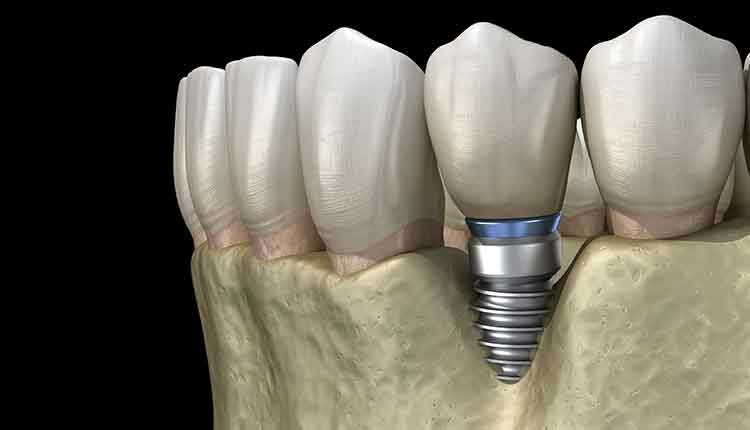Aging is a natural part of life, and as we grow older, our bodies undergo various changes, including those affecting our oral health. Many seniors find themselves in need of dentures to replace missing teeth or worn-out dental appliances. Denture renewal, therefore, becomes a crucial aspect of maintaining the well-being and quality of life for the elderly. In this article, we will explore the expert approaches and the art of denture renewal for the aged smile. Dentures play a significant role in restoring not only a person’s ability to chew, speak, and smile but also their confidence and overall health. Aging brings about various challenges, such as bone loss and changes in oral tissue. To ensure a seamless transition into the later years of life, it is essential to approach denture renewal with expertise and sensitivity.
Comprehensive Assessment – The first step in the art of denture renewal is a comprehensive assessment. Dental professionals should thoroughly evaluate the patient’s oral health, including the condition of the existing dentures, the state of their oral tissues, and their functional needs. This evaluation helps determine whether the patient’s current dentures can be adjusted or if new dentures are required.

Precision Impressions – Creating well-fitted dentures begins with precise impressions. Traditional impressions involve molding material, but modern dentistry often employs digital technologies like intraoral scanning. Accurate impressions ensure that the new dentures will fit comfortably and securely, minimizing any potential discomfort or inconvenience for the patient.
Customized Design – Expertise in the art of denture renewal lies in designing dentures that not only fit perfectly but also look natural and complement the patient’s facial features. The color, shape, and arrangement of teeth must be carefully customized to ensure an aesthetically pleasing result.
Functional Harmony – Beyond aesthetics, denture renewal must address functional harmony. Dentures should facilitate proper chewing and speaking without causing pain or discomfort. This requires precise adjustments to ensure a balanced bite and alignment of the teeth.
Regular Maintenance – Just as natural teeth require regular care, dentures need maintenance as well. The art of denture renewal involves educating patients on proper cleaning and care routines. Dentists may recommend using specialized denture cleaners and attending regular check-ups to address any issues promptly.
Bone and Tissue Health – As we age, changes in bone density and oral tissue can impact denture fit. Dentists with expertise in denture renewal can recommend options like implant-supported dentures to improve stability and preserve bone density. These solutions enhance the overall quality of life for elderly patients.
Psychological Support – The affordable dentures for an aging smile often involves addressing emotional and psychological aspects. The loss of teeth and the need for dentures can affect a person’s self-esteem. Dentists should provide emotional support, making patients feel comfortable and confident about their renewed smile.
Accessibility and Affordability – The art of denture renewal must also consider the financial aspect. Dentists can work with patients to explore insurance coverage, payment plans, or affordable alternatives. Ensuring accessibility to quality denture care is essential for the elderly population.
